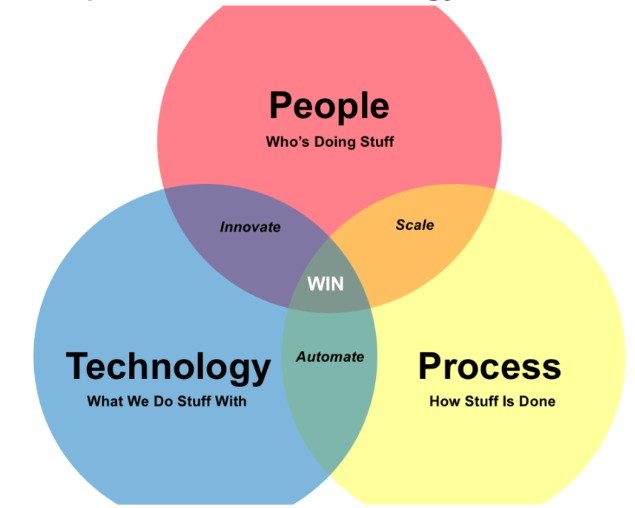In retail management, “people, processes, and systems” refer to the fundamental components that are essential for the successful operation of retail businesses. Let’s explore each of these components in the context of retail management:
People:
In retail management, people include employees, managers, and customers. Employees are the frontline staff who interact with customers and perform various tasks within the retail environment.
Managers oversee day-to-day operations, set goals, manage teams, and ensure that business objectives are met. Effective leadership and management are crucial for motivating employees, providing training, and fostering a positive work culture.
Customers are central to retail businesses. Understanding their needs, preferences, and behaviors is essential for providing excellent customer service, building brand loyalty, and driving sales.
Processes:
Processes in retail management refer to the series of activities, workflows, and procedures involved in running a retail business efficiently and effectively. These processes include inventory management, sales transactions, customer service, merchandising, and supply chain management.
Effective processes ensure smooth operations, minimize errors, reduce costs, and optimize resource utilization. For example, streamlined checkout processes, efficient inventory replenishment systems, and effective merchandising strategies contribute to enhanced customer experiences and increased sales.
Systems:
Systems in retail management encompass the technology, infrastructure, and software applications used to support various aspects of retail operations. This includes point-of-sale (POS) systems, inventory management software, customer relationship management (CRM) systems, and e-commerce platforms.
Retail systems enable businesses to track sales, manage inventory, analyze customer data, and optimize business processes. Integrated systems facilitate real-time data sharing and decision-making, allowing retailers to respond quickly to market trends and customer demands.
In retail management, aligning people, processes, and systems is essential for delivering a seamless and satisfying customer experience, optimizing operational efficiency, and achieving business objectives. By investing in employee training, implementing efficient processes, and leveraging technology solutions, retail businesses can enhance their competitiveness, adapt to changing market dynamics, and drive sustainable growth.
